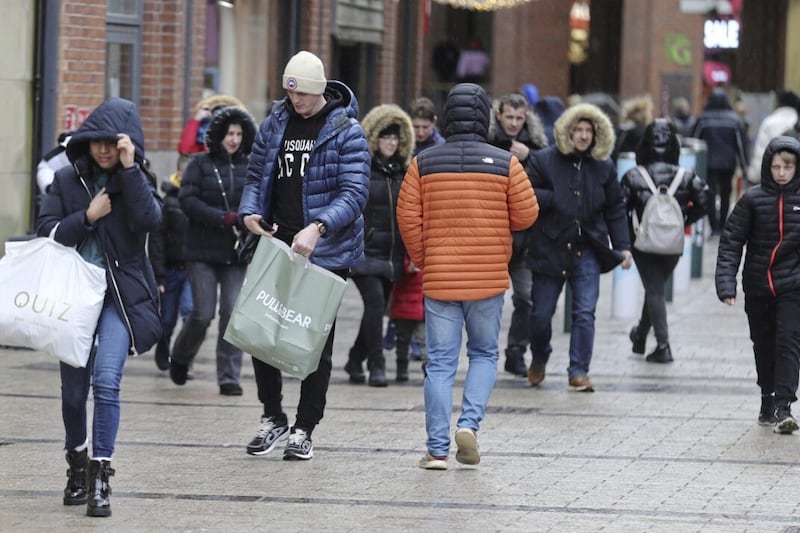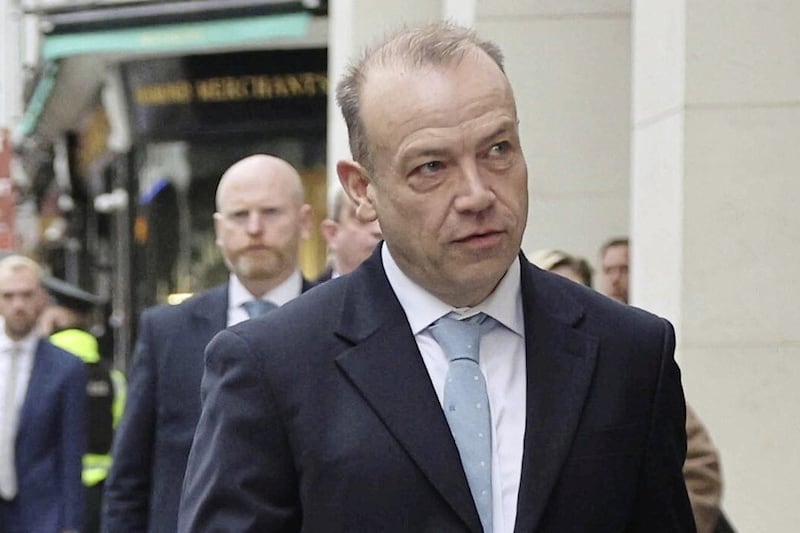A NEW initiative launched by the Northern Ireland Retail Consortium and the NI Local Government Association is encouraging businesses to work in partnership with the newly-elected councils to create economic prosperity.
The Retail in Northern Ireland in Partnership is placing a firm emphasis on the importance of working with local government, given that councils have gained enhanced powers for planning, local economic development, tourism and car parking.
With the Stormont stalemate now in its third year, it's local authorities more than central government to whom business is looking to allow mission critical change to happen in Northern Ireland.
“With the votes now counted for the 462 seats in 11 council chambers across Northern Ireland, the focus has now switched to the body of work that needs to be undertaken,” NIRC director Aodhán Connolly said.
“Our industry is going through a fundamental change and our councils are not simply bystanders in this change, rather they are strategic partners that, through working with our industry, can make their areas a better place to live, work and invest. By working together we can make our villages, towns and cities more competitive, not just in Northern Ireland, but globally.
“This is about more than simply backing Business Improvement Districts and acknowledging the impact council tax rises have on disposable incomes. With one in every seven shops lying vacant, action is required to spur additional private sector investment to secure our industry.
“Our long term partnership strategy is built on a few key themes that are essential for true partnership working. This could make a real difference to thousands of retailers, helping to deliver healthier and more vibrant town centres, retail parks and shopping centres.”
Councils have already seen progress with the announcement of funding for the Belfast City Region Deal, the push for a Derry Region City Deal, and further city region deals in the pipeline. But the seismic changes happening in retail could affect what those deals look like.
Mr Connolly added: “Transformation in Northern Ireland’s retail sector is leading to fewer but better jobs within the industry, and a smaller store footprint. These changes will have profound implications for our local councils, especially for employment prospects in communities reliant on retail jobs, the health of our town centres, and the revenues from the district rates that councils rely on.
NILGA chief executive Derek McCallan said: “In all local council areas and collectively in Northern Ireland, retailing remains a massive economic driver whilst also being the bedrock of our cities, towns and villages.
“We welcome the partnership approach at both policy and practical levels by NIRC and support a transformative approach to co-designing retailing and the high streets of today and the future. Working together, we and the 11 councils will be contributing not just to a vibrant economy, but to social cohesion, wellbeing, pride of place and a sustainable environment in Northern Ireland.”
The NIRC local government document which launches the initiative covers themes such as high streets, managing change and business rates as well as key facts about retail and consumers now and in the future.
It is available online from https://brc.org.uk/media/410247/retail-in-northern-ireland-council-elections.pdf








